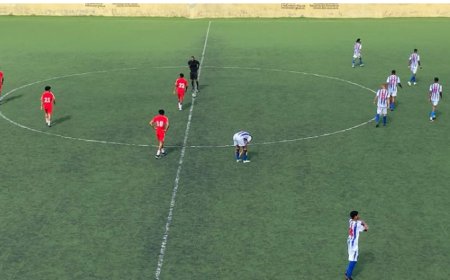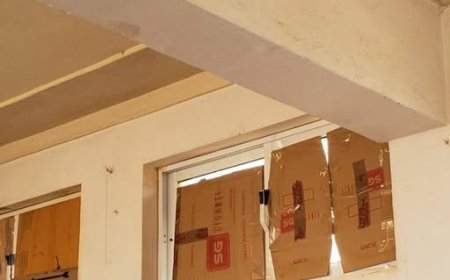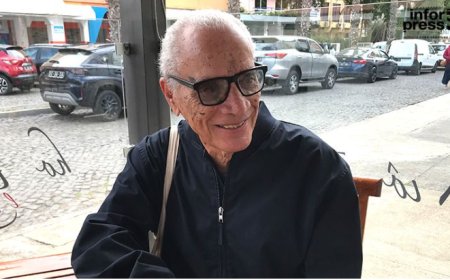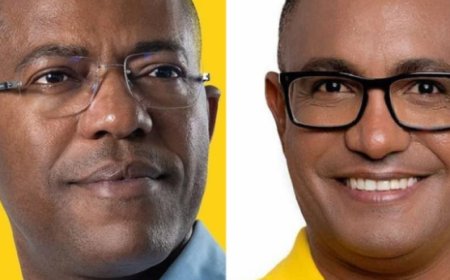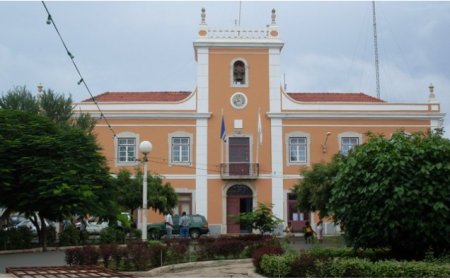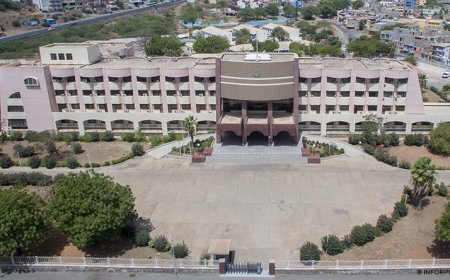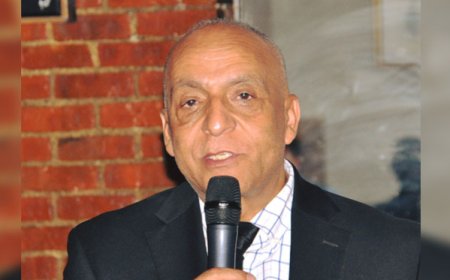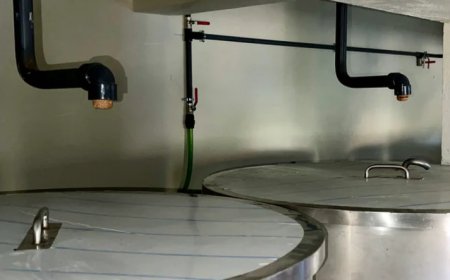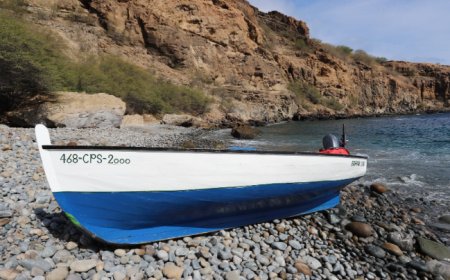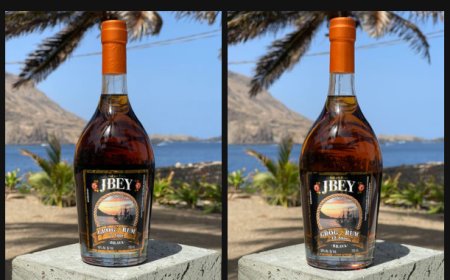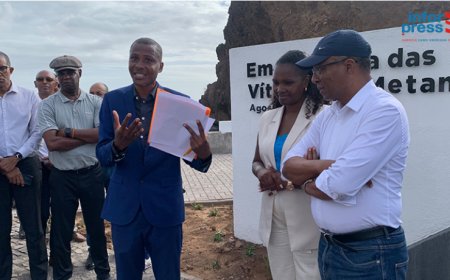“CABOVERDURAS”. Economist Paulino Dias calls the new maritime transport concession contract a real "salt"
“This authentic "salgalhada" in maritime transport in Cape Verde will certainly go down in history. And for economics manuals, studied in colleges all over the world”, this is how the Santo António economist Paulino Dias referred, in a publication made on Facebook, to the new maritime transport concession contract.

“This authentic "salgalhada" in maritime transport in Cape Verde will certainly go down in history. And for economics manuals, studied in colleges all over the world”, this is how the Santo António economist Paulino Dias referred, in a publication made on Facebook, to the new maritime transport concession contract.
“I have chosen to stay a little away from issues related to the Governance of Cape Verde, but this is one of those moments when we are called to take a stand, as citizens, taxpayers and voters - and, in my case, also as an Economist”, he began by saying that he is one of the most respected national economists.
As I said, first, a concession model is designed that combines the liberalization of the sector with the attribution of a compensatory subsidy to only one of the operators, coupled with a mechanism that protects the concessionaire's total gross revenues.
The implication of this "engineering" is, in his point of view, frightening to say the least for public coffers, since, as he clarified, each time one of the other operators operates on a line, the greater the amount of the compensatory subsidy that the State must pay to the Concessionaire.
“Now, I doubt that this "innovative architecture" exists anywhere else in the world! Because normally, either the market is liberalized (and passengers are subsidized, regardless of which operator they use), or an exclusive concession is granted and the concessionaire is subsidized. This salty dish, I repeat, is a cape verde”, he added.
According to Paulino Dias, in this revision of the concession contract, what is seen is the transfer of all risks to the State of Cape Verde, since the concessionaire is protected in case of loss of operating revenues, this in terms of commercial risks
As for financial risks, Paulino Dias warns that the new agreement establishes the State's obligation to provide guarantees to the banks in case the Concessionaire decides to resort to banking to finance itself.
With regard to operational risks, this economist said that the contract exempts the concessionaire from penalties in the event of "failures or operational restrictions on ships", without however mentioning any specifications.
“Now, the Public-Private Partnerships - which include public service concessions - are management and risk-sharing agreements between the State (grantor) and the private sector (concessionaire). Evidently, in the negotiation process, each party seeks to "push" the maximum amount of risk onto the other party. It's part of the dynamic. "Win" the best agreement the party that is technically more prepared to identify, evaluate, quantify and prevent risks of this type of agreements, and/or that is in a stronger negotiating position”, reads.
In this specific case, it is demonstrated, according to Paulino Dias, that the essential risks were "pushed" to the public. “It remains to be seen why,” he said.
“The device for annual updating of the amount of the compensatory subsidy contains a "subtlety" that is at the very least aberrant, but potentially harmful to the public purse: Annex III, No. II establishes a mechanism for updating the value based on the CPI (Price Index for Consumers). But paragraph III of the same clause additionally provides for an adjustment indexed to 30% of the variation in fuel prices (diesel for marine use). The problem? The problem is that the CPI already incorporates changes in fuel prices, so there is clearly a duplication of indexes there”, he continued.
“Fourth (although this is not a result of the concession contract, but apparently influenced by it...): if one can even understand the updating of passenger ticket prices (which have not been updated for several years) and the price differentiation between national and non-national citizens (the Government did well on this point - the State should not subsidize foreign citizens with the money from taxes paid by national citizens), it is no longer understandable the brutal rise in the price of vehicle transport, which mainly affects the trade and local tourism between the islands of Santo Antão and São Vicente”, he added.
According to him, on an island like Santo Antão where Agriculture is the island's main economic activity, where São Vicente is the only market for agricultural products, domestic tourism, for people from SV who go to SA on weekends, has an “extraordinary impact” on the island’s economy, which is losing population at an alarmingly fast rate (especially young people), due to the island’s weak economic dynamics and the consequent availability of jobs, increasing transport costs in this “brutal way”, in addition to not having no support in Science, becomes an “immorality” and an “economic crime” against the island of Santo Antão,
“I am surprised (but not so much...!) by the complicit silence of the Presidents of the 03 Municipal Chambers of the island and the Illustrious Deputies! I think that the Government still has time to review this measure and move away from it. From Economist to Economist: Minister of Finance Olavo Correia will naturally be aware of the potential economic impacts of this increase in vehicle transport costs between those two islands. Especially for an island (SA), which is already facing very difficult structural economic challenges!”, he pointed out.
“My solidarity with the farmers, traders, owners and drivers of vans who regularly make the SA/SV/SA circuit!”, he concluded.





